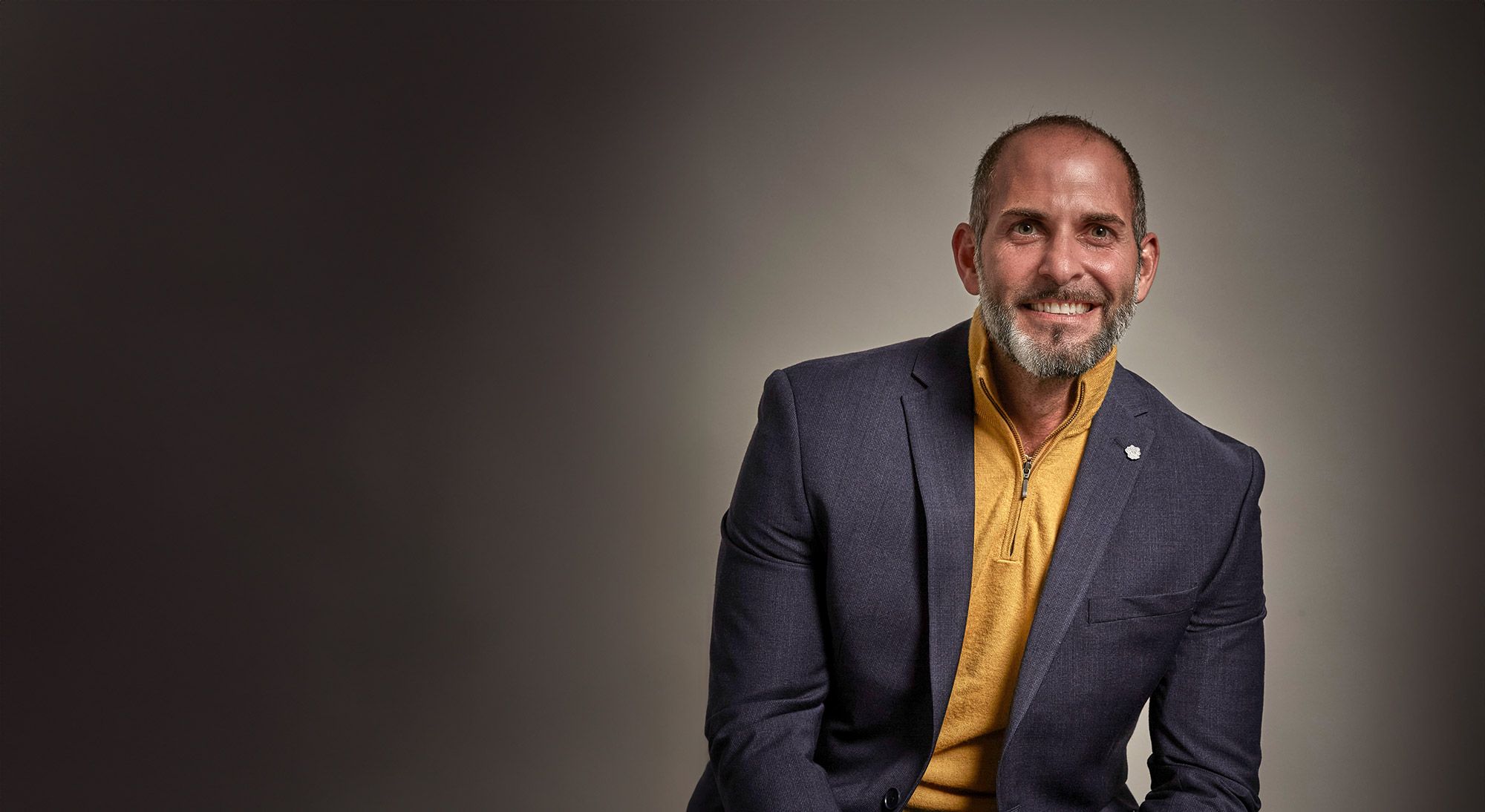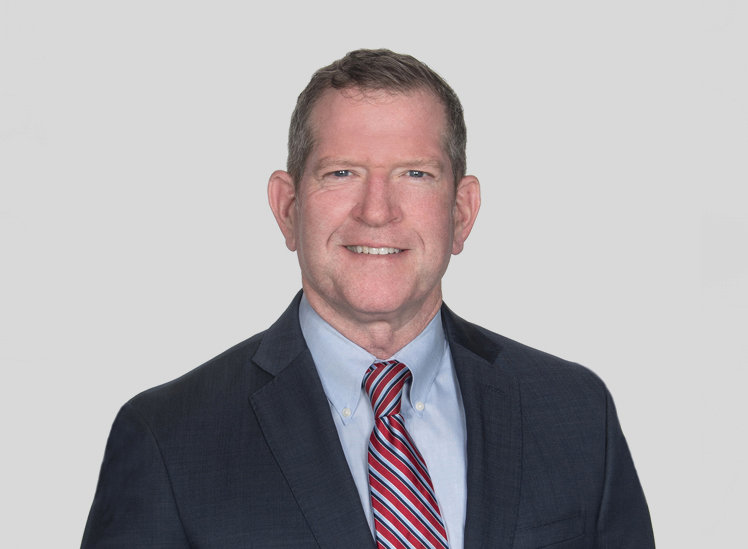Multigenerational Workplace
Balancing the Books of Time: Navigating Generational Dynamics in Global Accounting Firms
From the vibrant financial hubs of Europe, the UK, and the United States to the dynamic cultural landscapes of China and the Middle East, a tapestry of generational dynamics has unfolded informing attitudes to workplace culture, comments Michael Pagnotta, Business Strategist and Leadership Transformation Coach at The Mindshift Group.

Surveys have revealed that the UK workforce predominantly comprises Millennials, followed by Gen-X, Baby Boomers, and Gen-Z rounding out the demographic spectrum. Across Canada, the US, Europe, China, and the Middle East, the upcoming five years will witness the dominance of Gen-Z, Millennials, and Gen-X in the workplace.
Considering this, research by the Institute of Leadership & Management in 2020 found that Millennials constituted 50% of the UK workforce. The study highlighted substantial divides between the younger generations and their older counterparts, which will have been further aggravated by the pandemic. To effectively navigate these generational dynamics, it is crucial to comprehend the influences that have shaped each generation's approach to work.
This article aims to unravel the intricacies of multi-generational expectations and aspirations within the professional services industry, focusing on the emerging workforce. It delves into how these younger entrants perceive their careers and how these perspectives align with established practices of employee attraction, retention and loyalty.
The pulse of any profession lies in the aspirations of its practitioners. In the realm of accounting, where precision meets strategy, and tradition intersects with innovation, understanding the nuanced dance of expectations becomes paramount. To do so, we must explore what motivates each generation, their life outlook on work and career, mindset, feedback and communication preferences, work expectations, career paths, and employer/job loyalty.

Michael Pagnotta
Business Strategist and Leadership Transformation Coach, The Mindshift Group Ltd
Charles Story
Director, Operations for Corporate Investigative Services, Rehmann

Baby Boomers (Born roughly 1946-1964):
Motivation:
Accustomed to traditional hierarchical structures, Baby Boomers are motivated by clear organisational hierarchies, defined career paths, formal roles, structured processes, and competitive pay and benefits.
Life Outlook:
While adopting a democratic approach, they maintain a competitive nature, prioritising work with the belief that diligent effort in their career will lead to an enjoyable retirement.
Mindset:
Aligned with their life outlook, Baby Boomers embrace a mindset of "working their way to the top," through early career diligence, anticipating relaxation and enjoyment later in life.
Feedback and Communication:
Adopting a "no news is good news" philosophy, Baby Boomers appreciate annual performance reviews tied to salary, bonuses, and the following year's work approach, reflecting their preference for structured feedback.
Work Expectations:
Driven by a desire for success, Baby Boomers expect to put in long hours, embodying a strong work ethic and commitment to professional goals.
Employer/Job Loyalty:
Rooted in a post-war era need for security, Baby Boomers exhibit remarkable loyalty to their employers, often being referred to as "lifers."
In a world shaped by their historical context and strong work ethic, Baby Boomers epitomise dedication, loyalty, and a structured approach to career success, shaping the contemporary workplace landscape.
Generation X (Born roughly 1965-1980):
Motivation:
Shaped by their parents' work ethic, Gen Xers channel motivation toward personal growth and a stable future, seeking employment that fosters development and provides robust benefits.
Life Outlook:
Efficiency, self-reliance, and a transactional approach define the life outlook of Gen X, marked by a pragmatic view of life, valuing independence and results-driven interactions.
Mindset:
With an intrapreneurial spirit, Gen Xers are resourceful, independent thinkers, navigating challenges with innovation, experience, and adaptability.
Feedback and Communication:
Valuing regular, honest, and transparent feedback, Gen Xers seek clear and open dialogue, fostering a trusting and mutually understanding environment.
Work Expectations:
Efficiency is paramount, seeking a harmonious work-life balance, with a willingness to take work home if necessary.
Employer/Job Loyalty:
While job changes may occur for necessity, Gen Xers are loyal to their profession first and their employer second, finding stability once aligned with a workplace that matches their values.
In a professional landscape shaped by their predecessors' resilience, Generation X emerges as a workforce marked by practicality, adaptability, and commitment to both personal growth and professional loyalty.
Millennials (Born roughly 1981-1996):
Motivated by:
Millennials are propelled by progression, a positive workplace culture, the opportunity to work 'with' rather than 'for' and employer, and a deep craving for meaningful work aligned with their values.
Life Outlook:
Optimistic, ambitious multi-taskers navigating life with a proactive engagement, their approach is characterised by a proactive engagement with challenges, fuelled by a belief in the power of positive change.
Mindset:
Millennials embody a collaborative mindset, valuing teamwork and the importance of voicing their opinions. Speaking up is a core tenet of their approach, as they seek active participation and contribution to organisational dialogues.
Feedback and Communication:
Embracing immediacy, Millennials prefer instant feedback and communication channels. Their dynamic and tech-savvy nature aligns with a fast-paced exchange of ideas, reinforcing a culture of continuous and real-time communication.
Work Expectations:
Seeking a seamless blend of work and personal life, Millennials prioritise work-life integration. Their expectations often include the flexibility to finish tasks on their own terms, willingly logging on later if necessary.
Employer/Job Loyalty:
While expecting loyalty from employers, Millennials are known for frequently and swiftly switching jobs. This propensity for change is driven by a quest for diverse experiences, continuous learning, and a desire to align their careers with evolving personal and professional aspirations.
In the contemporary professional landscape, Millennials bring a fresh perspective characterised by optimism, collaboration, and a commitment to meaningful and fulfilling work.
Generation Z (Born roughly 1997-2010):
Motivated by:
Generation Z finds motivation in opportunities for continuous learning and active participation in decision-making processes, and thrives in diverse workforces that value inclusivity and collaboration.
Life Outlook:
With a pragmatic and intense perspective, Generation Z approaches life as a series of projects, embracing a goal-oriented mindset that drives them towards tangible outcomes and achievements.
Mindset:
Generation Z embodies a self-directed and independent mindset, driven by a desire for autonomy and the freedom to pursue their interests and passions on their terms.
Feedback and Communication:
Preferring frequent prompts and face-to-face interactions, Generation Z values immediate and personal feedback. They thrive in environments where communication is transparent, direct, and fosters meaningful connections.
Work Expectations:
Generation Z embraces a non-linear approach to their workweek, valuing flexibility and adaptability in how they manage their time. They prioritise work-life balance and are intentional about disconnecting from work commitments after hours.
Employer/Job Loyalty:
Characterised as career multitaskers, Generation Z is entrepreneurial in spirit, constantly seeking new opportunities for growth and development. They are less inclined towards traditional notions of job loyalty, instead prioritising diverse experiences and the pursuit of their passions.
In the contemporary professional landscape, Generation Z brings a pragmatic, goal-oriented approach, coupled with a desire for autonomy and continuous learning. Their independent mindset and entrepreneurial spirit shape their expectations for the workplace, emphasising flexibility, inclusivity, and meaningful engagement.
In navigating the complex terrain of multi-generational dynamics within the workplace, organisations must deploy a strategic compass to attract, retain, and cultivate talent across diverse age groups. Beyond the now ubiquitous hybrid working arrangements, younger leaders are supportive of employees working when they are most productive, championing productivity over presence, emphasising the significance of work quality. Innovative strategies include introducing Junior or Shadow Boards, composed of Millennials and Gen Z, offering insights into workplace initiatives and engagement programmes. Effectively managed, these boards can play a vital role in attracting future talent, partly due to their mastery of technology and social media, enabling them to showcase how they are contributing to an organisation’s success and future.
Crafting tailored benefits packages, encompassing wellness initiatives and family support, proves instrumental in attracting and retaining talent. Given the current challenges of soaring living costs and property ownership hurdles for younger employees, these packages align with the evolving needs of the workforce.
Additionally, instituting feedback loops for employee input on policies, benefits, sustainability, and diversity fosters an inclusive workplace culture.
By adopting these strategies, organisations can create workplaces valuing generational diversity, supporting career development, and fostering an inclusive environment conducive to long-term retention.
For Further information contact: www.themindshift-group.com.
Main image: Michael Pagnotta, Business Strategist and Leadership Transformation Coach, The Mindshift Group Ltd.